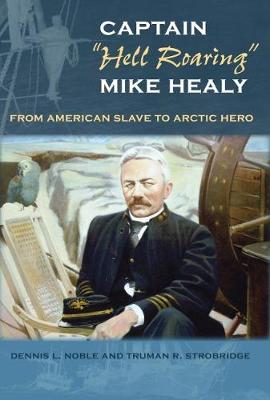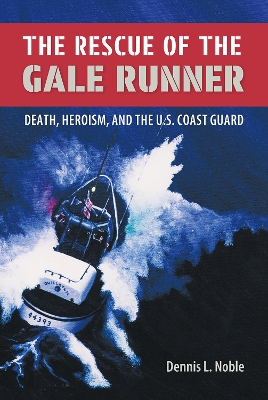New Perspectives on Maritime History and Nautical Archaeology
2 total works
Captain "hell Roaring" Mike Healy
by Dennis L. Noble and Truman R. Strobridge
One of the Coast Guard's great heroes and the secret he kept hidden
"This is a book of adventure that tells how one man shaped the Alaskan frontier at a crucial time in American history."--Vincent William Patton, Master Chief Petty Officer of the Coast Guard, retired
"Diligent research and precise writing reveal the realities of race relations in nineteenth-century America, as well as the dangers, loneliness, and complex relationships of life at sea in that era."--Bernard C. Nalty, author of Strength for the Fight: A History of Black Americans in the Military
In the late 1880s, many lives in northern and western maritime Alaska rested in the capable hands of Michael A. Healy (1839-1904), through his service to the U.S. Revenue Cutter Service. Healy arrested lawbreakers, put down mutinies aboard merchant ships, fought the smuggling of illegal liquor and firearms, rescued shipwrecked sailors from a harsh and unforgiving environment, brought medical aid to isolated villages, prevented the wholesale slaughter of marine wildlife, and explored unknown waters and lands.
Captain Healy's dramatic feats in the far north were so widely reported that a New York newspaper once declared him the "most famous man in America." But Healy hid a secret that contributed to his legacy as a lonely, tragic figure.
In 1896, Healy was brought to trial on charges ranging from conduct unbecoming an officer to endangerment of his vessel for reason of intoxication. As punishment, he was put ashore on half pay with no command and dropped to the bottom of the Captain's list. Eventually, he again rose to his former high position in the service by the time of his death in 1904. Sixty-seven years later, in 1971, the U.S. Coast Guard learned that Healy was born a slave in Georgia who ran away to sea at age fifteen and spent the rest of his life passing for white.
This is the rare biography that encompasses both sea adventure and the height of human achievement against all odds.

